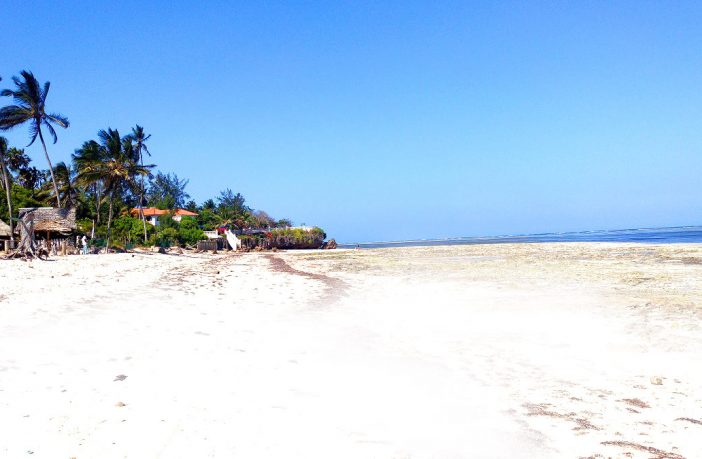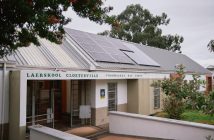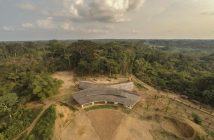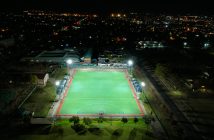- The Kikambala village, in Kilifi County Kenya, will be constructing a new eco-friendly secondary school, courtesy of Catholic Archdiocese of Mombasa (CARM).
- The project is championed by Samara Visram, a recent University of British Columbia graduate who grew up in the village that has a population of over 20,000 people and a scarcity of secondary schools.
So far the project has acquired a 3.9-acre piece of land next to Kikambala primary school, donated by the Catholic Church. It has also been awarded all the necessary certifications and approvals by the local government and environmental authorities of Kenya.
The design of the facility which prioritizes environment and sustainability was planned by the county architect.
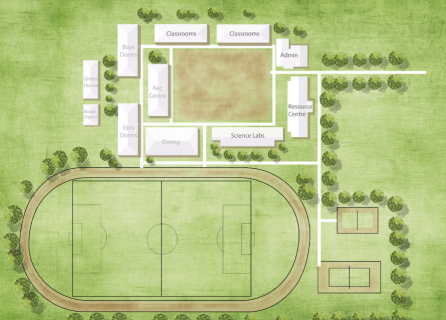
According to the plan, the buildings will be constructed using natural and locally-sourced materials. Indigenous trees and plants will also be planted on the premises so as to attract birds and insects. Furthermore, the school will have a system that incorporates a greenhouse, biogas digester, and rainwater harvester.
The project will be executed in two phases. The first phase entails the building of three classrooms, two science labs, one administration block, and a resource center that comprises of a computer and library hall. This phase will be realized at a cost of approximately US $70,000.
The second phase will entail the construction of a dining hall, a recreation center, and dormitories for both boys and girls, a biogas digester and a greenhouse.
Subsidy for the project, according to Samara will come from public donations. Upon completion, the school will be owned and managed by the Church.
Author: GBA News Desk









